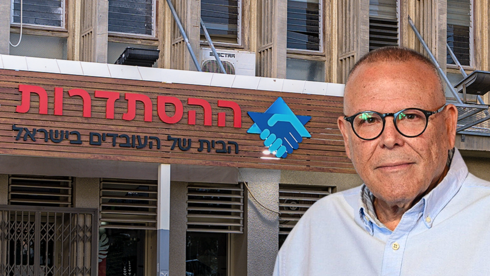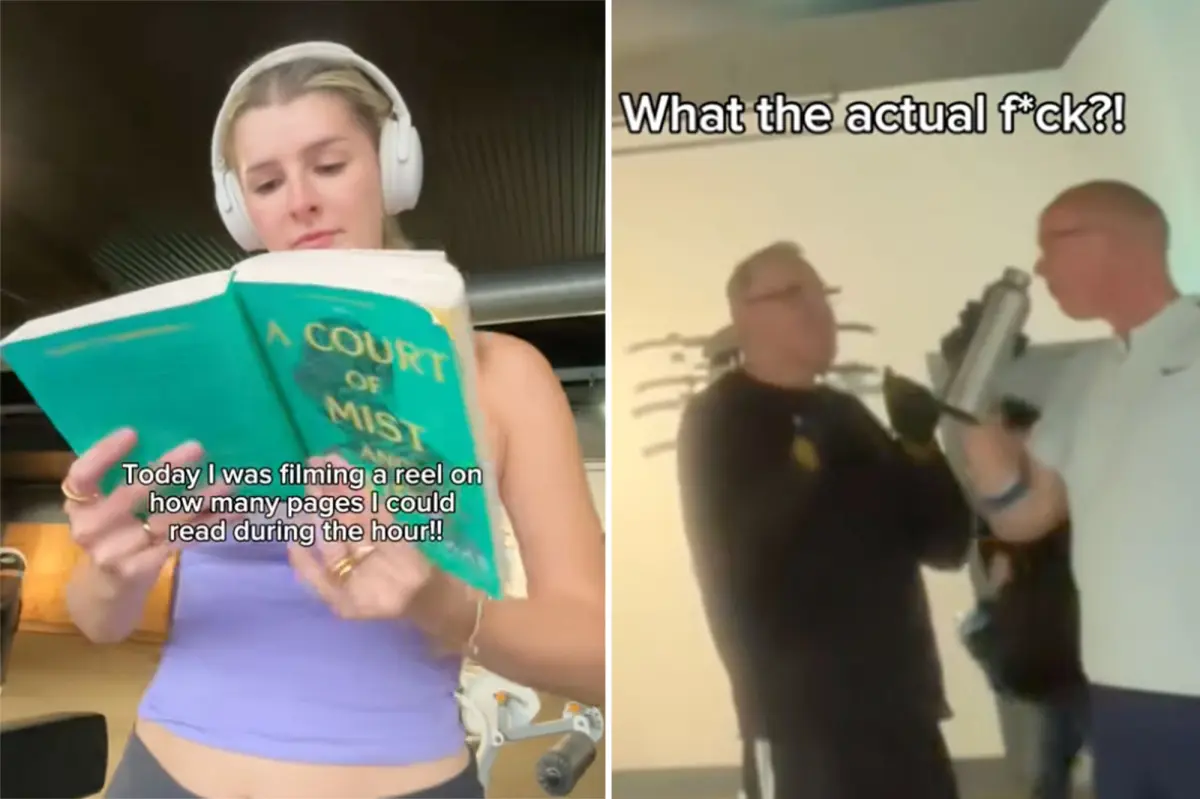Copyright ynetnews

The anti-corruption unit called it one of the largest public corruption cases in Israel's history. On Monday, the police unit Lahav 433 requested a 10-day detention extension for Histadrut labor federation chairman Arnon Bar-David, citing suspicions of large-scale bribery and fraud. The court extended his arrest by eight days. “This case involves unusually large sums and abuse of entrusted power,” said Superintendent Ronen Gingold, who is leading the investigation. At its center is suspected collusion between senior Histadrut officials, businesspeople and local government leaders. Police believe businessman and Likud activist Ezra Gabay used his close ties with Bar-David to run a multi-million shekel bribery network in exchange for senior appointments. Gabay’s arrest was also extended by eight days. The case has been under covert investigation for two years, based on intelligence gathered by the police's Lahav 433 serious crime unit. It went public Monday with a dramatic wave of arrests: eight suspects were detained, and 27 others were brought in for questioning. In court, police presented a confidential report detailing planned investigative steps. Gingold alleged that Bar-David committed bribery, fraud and breach of trust involving numerous public and municipal bodies. “The investigation includes 12 sub-cases, each standing on its own,” he said, adding that over 300 people are expected to be questioned. “There’s concern the suspect may interfere with witnesses, some of whom are his subordinates.” Bar-David’s attorney, Micha Fettman, denied wrongdoing, saying the union leader has fully cooperated, surrendered both mobile phones and provided access codes. “He’s had a close friendship with the insurance agent for 30 years. There’s nothing to hide,” he said. Fettman claimed police arrested Bar-David’s wife to pressure him, despite her having no current role in the union. Fettman also said the police’s confidential report names Culture and Sports Minister Miki Zohar. “The evidence is preliminary,” he said. “Zohar appears in text messages where the agent seeks favors from Bar-David, who ignores the requests. There’s no money, no favors—just an insurance agent with a big mouth.” Judge Dorit Saban Noy ruled to keep Bar-David in custody, citing a credible risk of obstruction. “There is reasonable suspicion that the suspect was part of a network exchanging bribes with the agent,” she said. “Given the complexity and number of people involved, releasing him could lead to evidence tampering.” The court also addressed the case of Hila Kanister Bar-David, Bar-David’s wife, who is suspected of bribery, bribery mediation, fraud and breach of trust. Police sought a 10-day detention the court ordered a 7-day remand. “She is being held to pressure her husband,” attorney Fettman argued, calling the arrest arbitrary. He noted she had no contact with the agent and stepped down from her role as CEO of the Histadrut-affiliated Shahar On non-profit in 2024. “She handed over her phone and passcode—she has nothing to hide. She now works as an independent attorney,” he said. At the center of the case is Ezra Gabay, a Likud activist and insurance agent accused of running a multi-million shekel bribery network through his close ties with Bar-David. “This case involves the theft of large sums across the country by individuals in positions of power,” a police representative told the court. He described it as “the most significant case the unit has ever handled,” with 55 searches carried out so far and dozens of people questioned. The investigation became public following coordinated raids on homes and offices at 6 a.m. Monday. Police also requested to extend the detention of Gabay’s son, a senior executive at Gabay Insurance. Investigators say he played a similar role in the alleged bribery scheme and was directly involved in advancing shared interests with his father. “The suspect was part of a quid pro quo system,” the officer said, noting he is implicated in 13 of the probe’s sub-cases. The court was told 141 further investigative actions are still needed, many of which are vulnerable to interference. In court, Gabay’s attorney, Moshe Zchut, pushed back on the allegations, noting that Gabay and Bar-David had been close friends long before Bar-David was appointed union head. He argued that Gabay’s firm had lost several tenders—including one for health insurance in March—and denied that any favors were granted. Police confirmed that Gabay’s agency had not won certain contracts. The lawyer also criticized the investigation’s focus. “Have you arrested the people who approved the tenders? What about Minister Miki Zohar? Did you question Gabay about him? What do you accuse Zohar of—providing favors to Bar-David?” he asked. Police declined to elaborate on the specific alleged benefits. Gabay, who voluntarily handed over his phone and passcode, complained in court that police searched every corner of his home, including the air conditioner, and found no cash. “They told me in questioning: give us something on Bar-David and you’ll go home,” he claimed. Meanwhile, Gabay’s son also remains in custody after police said his involvement mirrored his father's. Prosecutors are seeking an eight-day extension for his detention, citing fears of obstruction. Separately, Kiryat Gat Mayor Kfir Suissa confirmed he was among those questioned in the case. His office said in a statement: “The mayor was asked about various matters as part of a broad investigation involving hundreds of individuals. His public service record is clean, and integrity is his guiding principle. The truth will become clear soon.”



